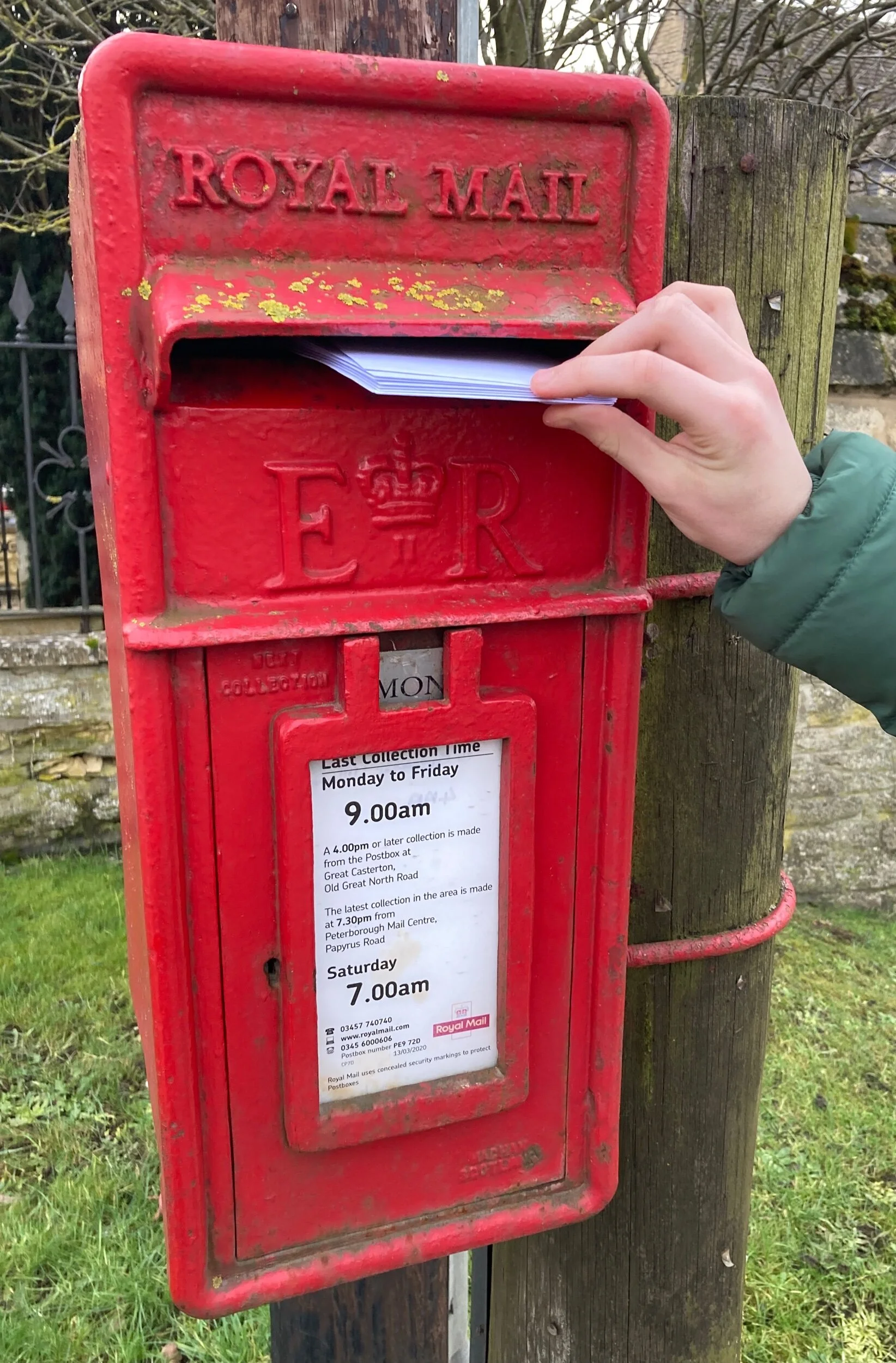To the teenager/ adult recently diagnosed or to those supporting an autistic person this book is for you
The Subtle Spectrum is an insightful account of Jo’s personal story as she navigates her way through life both pre and post her diagnosis. I felt like she had opened the door and let us in to share both her struggles and her successes.. At times it felt like I was intruding on some very personal moments. She has truly given an honest account of the lived experience of an autistic person.
.
Jo perfectly blends theory, research, and personal stories from a wide range of people
The book is insightful, honest and thought provoking.
Our aim should be not to just understand and accept but to provide the adjustments each individual autistic person requires that we support.
What adjustments can we make to include and support autistics?
By Sarah Winstanley, SaLT
Communication Lincs Ltd. ……because Speech Therapy Matters






















